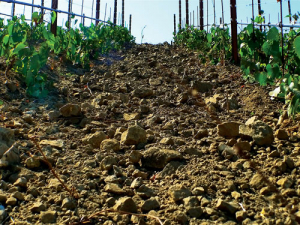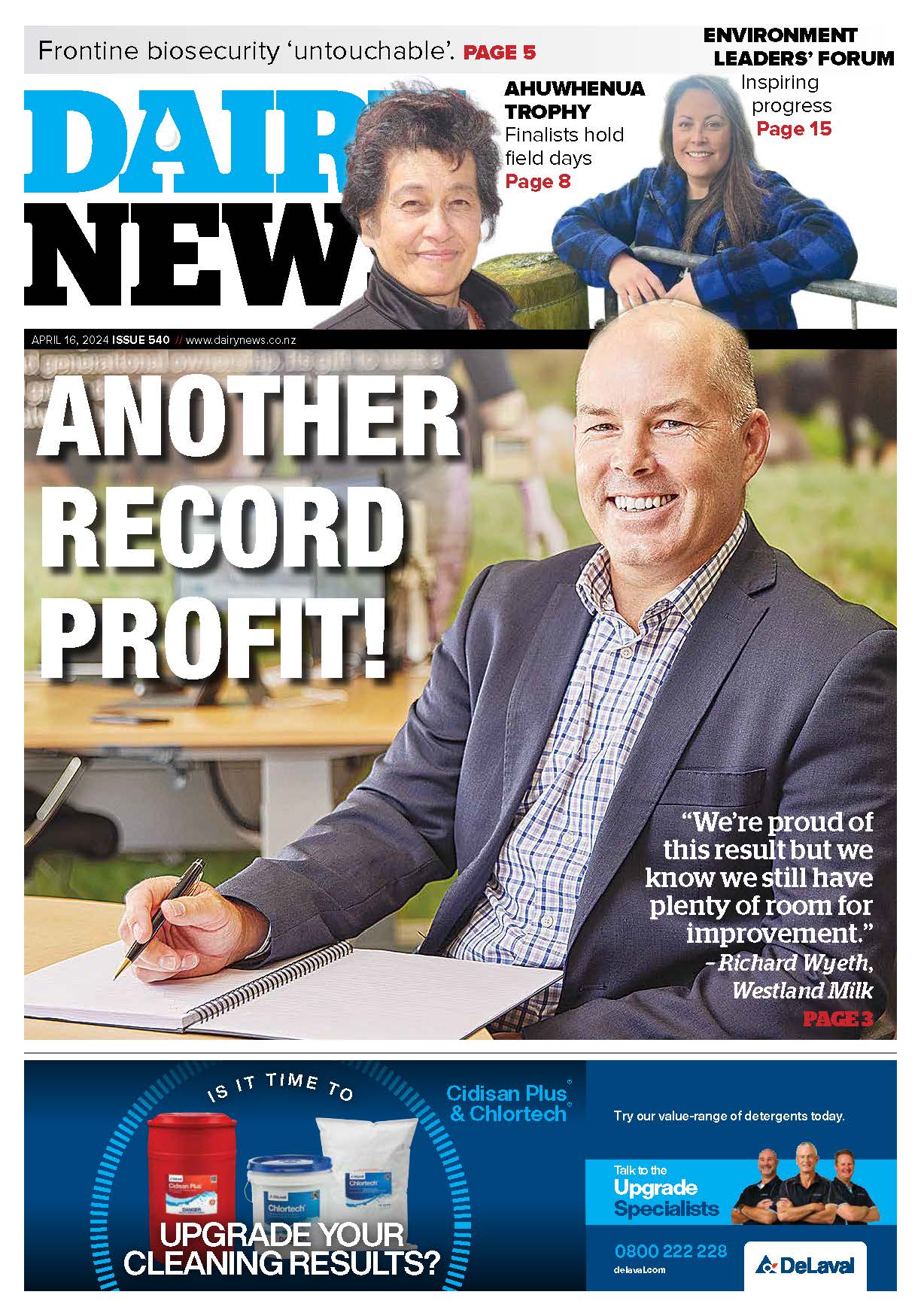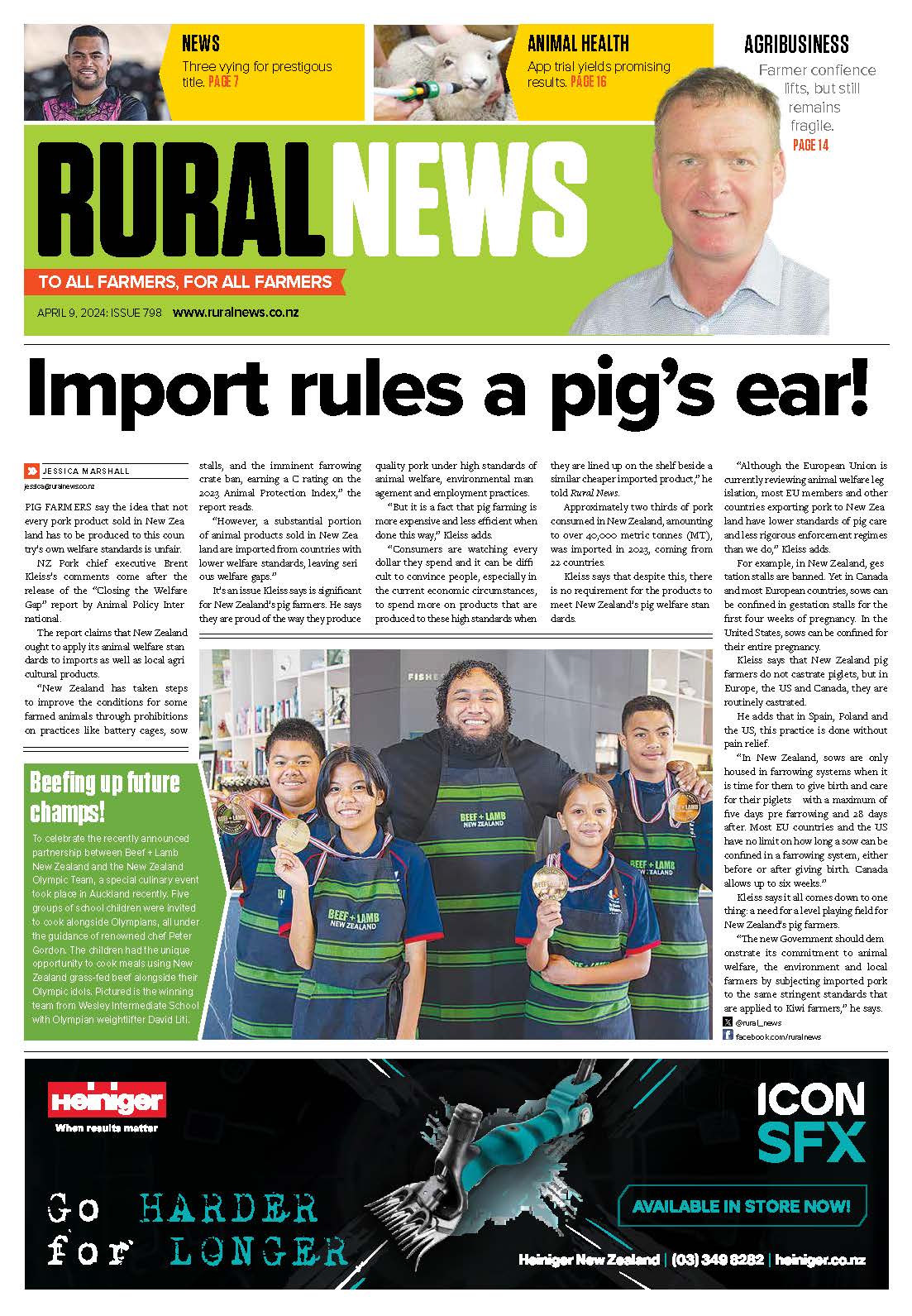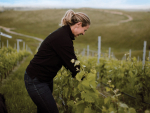We often see words such as “minerality” and “appellation” used in wine marketing and in the media, as do we hear of conditions like “accessible” and specifications such as “biodynamic”.
Winemakers might know what these words mean, and wine writers bandy them about in every article or review. The trouble is, consumers probably don’t understand what these complex words mean, which means over-use of them can hurt the wine industry as a whole.
Words are important in recommending and selling wine. When faced with hundreds of bottles of unknown brands, consumers first choose based on varietal, then on location, and the final confirmation before purchase will be confirming that the words on the back of the label go down easily, because that’s what they expect the wine will do.
The other reason wine wording is so important is because consumers will say those words out loud in front of company when drinking the wine. When a verbose word such as appellation is used in common conversation it leaves the speaker feeling self-conscious, even pretentious, because they’re unsure of their audience and whether or not they actually know the meaning of the word they just spoke.
Why is this so problematic? Perhaps because wine drinkers – those from outside the viticulture industry with only a casual knowledge of the craft – are afraid of being considered wine snobs by their peers.
I remember the first time I said “terroir” in a social context, when I first became involved in wine in the mid 2000s. Though it’s a reasonably common word nowadays, its meaning still stumps a lot of people. When I used it, it appeared as if I was a wine expert. In reality, I was a casual wine drinker and hopeful writer, and bluffed my way through the vocabulary based on what I heard other tasters say and what I’d read on wine labels.
Today, I still use the term terroir with hesitation. As an occasional wine writer, I’m always tasked with choosing the wine for the table when I dine out with friends or colleagues (an anxiety-ridden duty on its own). The added pressure to talk about wine or explain why it tastes the way it does is daunting. Nobody wants to be seen as pompous, but wine chat is right up there with explanations of the stock market or where your family got its money from.
None of this is winemakers’ or wine media’s fault. Nobody forces consumers to use the technical or metaphoric words we hear from the professionals. Yet, it is viticulturists and career wine connoisseurs we look up to and learn from. When we hear phrases at the cellar door, see them in wine reviews, or read them on a wine brand’s website, they will be repeated. This is an issue because many wine terms are misleading.
Take “minerality”, for example, a term to describe how the soil and rocks of the vineyard have been transported into the wine itself. Scientific studies, such as “Minerality in wine: A geological perspective” (published in Journal of Wine Research, 2013), find that mineral nutrients in wine are so minuscule, there’s no way of tasting them. “Whatever minerality is, it cannot literally be the taste of minerals derived from the vineyard geology,” said the study author Alexander Maltma
Other terms are commonly used in wine description incorrectly. “Unctuous” can be used to define a wine that is rich and intense with concentrated, velvety fruit concentration. The word unctuous actually means greasy or oily in a sycophantic way, however.
“Confident” is sometimes used to describe tannins or aromas, perhaps used as a synonym for “bold”. As an inanimate object, however, it’s difficult to see how a wine could exude confidence. There’s also “serious”, a term used to describe a wine that “means business” for hard-core oenophiles. One would assume this implies that there are “unserious” wines and “serious” wines though, and if you’re a connoisseur you’d only want to drink the latter. Again, none of this helps the pretentious nature associated with expert wine drinkers.
We can also get into the “biodynamic” versus. “organic” versus. “sustainable” wine confusion. Organic wines are made without the use of synthetic chemicals, biodynamic wines are made in vineyards that have an entire ecosystem free of common manipulations (e.g. yeast and acidity changes), and sustainable wines incorporate environmental initiatives such as energy, water and waste saving. But do wine drinkers really know the difference? Chances are, they roll all three terms up into one “green” package and will either use them interchangeably, or as a catch-all purely to describe a wine’s making as “ecologically friendly”.
Countless other words used in wine do have meaning, but are not understood because they’re more marketing-speak than anything else. Often, it’s the media who uses such terms. An “accessible” wine is one that is not complex and can be, presumably, consumed by those without the honed palette. A “big” wine could mean one with intense flavours or high alcohol. A wine’s “bite” can be positive or negative based on the tannic or acidic nature of the overall taste balance. “Finesse” is a subjective term about a wine’s high quality, “hollow” or “lean” wines lack the sense of fruit, “oxidised” is a bad thing but “oxidative” is well-aged... the list goes on.
Such is the argument for simplifying wine vocabulary for the sake of wine drinkers, makers, and media alike. There’s a good argument to keep wine adjectives and metaphors in use that need no extra explanation. When you say a wine is buttery, smokey, plummy, oaky, mellow, chocolaty, meaty, or grassy, nobody needs to decipher what is meant.
So too is the case for telling a wine exactly as it is, dry, light, sweet, fresh, fruity, earthy and zesty need no explanation, nor do mature, powerful, rich, spicy, tannic, tart, yeasty, or young.
I’m guilty of using some of the overly verbose and complicated wine words, and you probably are too. It’s time we all tone it down. All wine should be both “accessible” and “serious”, because at the heart of it, there should be nothing unaccommodating or snobby about the wine business at all.
Where should you look for inspiration? Try the craft beer industry. Modern beer bottles carry plenty to read (on the individual product and the brand) in appealing and accessible language. These small, literal details engage the other senses as the drinker hums over the taste and smell.
Enjoying wine, like enjoying any beverage, should be simple and unintimidating. Approachability in language is key, because you’ll struggle to find the old world wine snobs in New Zealand.
Many of the finer palates at this end of the world belong to the pig hunters and the vegetable growers – people who care strongly for taste. They won’t be reached with anything other than simple – and more importantly, accurate – descriptors.
This email address is being protected from spambots. You need JavaScript enabled to view it.












